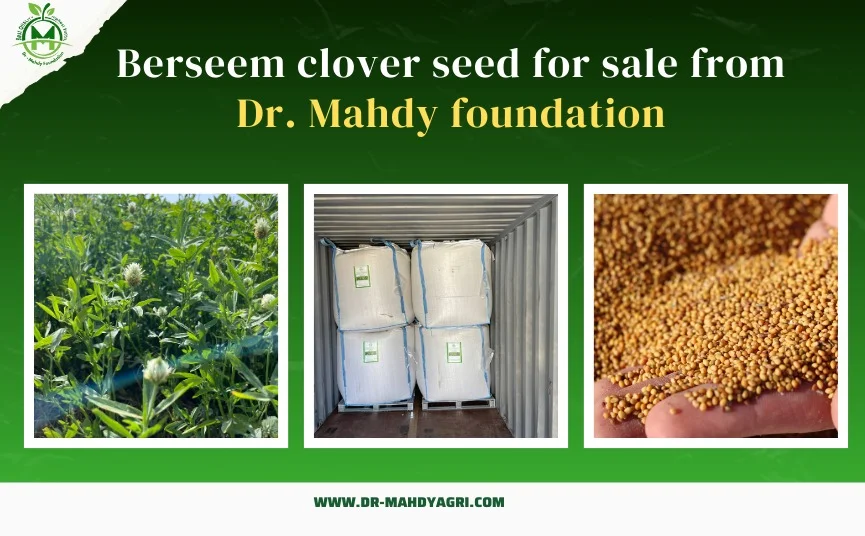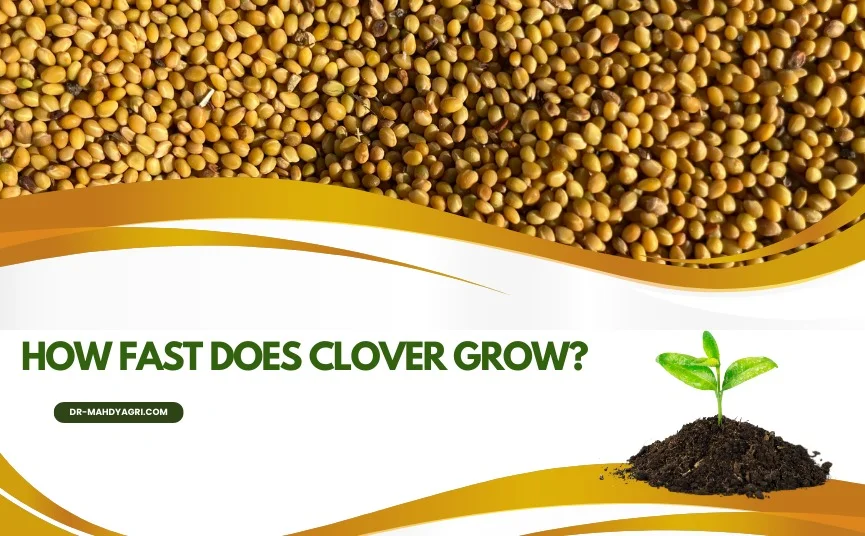

Introduction
When it comes to sustaining life on Earth, soil plays a vital role in providing essential nutrients for plant growth. One such crucial nutrient is nitrogen, an essential component for the formation of amino acids and proteins in plants. While nitrogen is abundant in the atmosphere, it exists in a form that most plants cannot directly utilize. Enter the phenomenon of soil nitrogen fixation, a fascinating process that unlocks this atmospheric nitrogen for plant consumption. In this article, we will dive deep into the mechanisms, benefits, and significance of soil nitrogen fixation in the world of agriculture and beyond.
Understanding Nitrogen Fixation
1. What is Nitrogen Fixation?
Atmospheric nitrogen (N2) is converted into ammonia (NH3) or related compounds through a process known as nitrogen fixation. This conversion is vital for the growth and development of living organisms, especially plants.
2. The Role of Nitrogen-Fixing Microorganisms
Nitrogen fixation is primarily carried out by certain microorganisms known as nitrogen-fixing bacteria. These bacteria have a unique ability to convert atmospheric nitrogen into ammonia, making it biologically available for plants.
3. Symbiotic Nitrogen Fixation
Some plants form a symbiotic relationship with nitrogen-fixing bacteria. For example, legumes such as peas, beans, and clovers have specialized structures called nodules on their roots, which house these bacteria. In return for ammonia, the bacteria receive sugars from the plant, creating a mutually beneficial bond.
The Significance of Soil Nitrogen Fixation
1. Boosting Soil Fertility
Soil nitrogen fixation is instrumental in enhancing soil fertility. The ammonia produced by nitrogen-fixing bacteria enriches the soil, making it more suitable for plant growth and agriculture.
2. Reducing Dependency on Fertilizers
By promoting natural nitrogen fixation, farmers can reduce their reliance on synthetic fertilizers. This has environmental benefits, as excessive fertilizer use can lead to water pollution and ecosystem disruption.
3. Sustainable Agriculture
Embracing soil nitrogen fixation as a part of sustainable agricultural practices can contribute to long-term soil health and productivity, ensuring a more sustainable future for agriculture.
Factors Affecting Soil Nitrogen Fixation
1. Environmental Conditions
The process of nitrogen fixation is influenced by environmental factors such as temperature, pH levels, and the presence of other nutrients. Optimal conditions promote efficient nitrogen fixation.
2. Plant-Bacteria Interaction
The efficiency of nitrogen fixation depends on the plant's ability to interact with the nitrogen-fixing bacteria. Some plants have a more effective symbiotic relationship, leading to increased nitrogen fixation.
3. Crop Rotation and Cover Crops
Practicing crop rotation and utilizing cover crops can contribute to nitrogen fixation by maintaining a diverse microbial population in the soil.
Enhancing Soil Nitrogen Fixation
1. Introducing Nitrogen-Fixing Bacteria
Farmers can introduce nitrogen-fixing bacteria into the soil to stimulate nitrogen fixation. This practice is particularly useful in areas where such bacteria are not naturally abundant.
2. Avoiding Excessive Nitrogen Fertilization
Overuse of nitrogen fertilizers can inhibit the natural process of nitrogen fixation. Employing a balanced approach to fertilization is crucial.
3. Utilizing Biological Nitrogen Fixation Inhibitors
Researchers are exploring the use of inhibitors that can suppress nitrogen fixation in certain conditions, helping control the nitrogen supply in the soil.
Conclusion
Soil nitrogen fixation is a remarkable natural process that sustains life on our planet. By unlocking atmospheric nitrogen and making it accessible to plants, nitrogen-fixing bacteria play a pivotal role in promoting agriculture and environmental sustainability. Embracing this process in agricultural practices can lead us towards a more harmonious and balanced relationship with nature.
FAQs
Is nitrogen fixation only essential for agriculture? No, nitrogen fixation benefits various ecosystems and is crucial for the overall balance of nutrient cycles in nature.
Are synthetic fertilizers entirely replaced by soil nitrogen fixation? While soil nitrogen fixation can reduce the dependency on synthetic fertilizers, they may still be necessary in certain scenarios to meet specific nutrient requirements.
Can nitrogen-fixing bacteria be harmful to plants? In some cases, certain strains of nitrogen-fixing bacteria can be detrimental to plants. However, the majority of them establish symbiotic relationships beneficial to both plants and bacteria.
Does nitrogen fixation occur in aquatic environments? Yes, some aquatic plants also engage in nitrogen fixation through similar symbiotic associations with bacteria.
Can nitrogen-fixing bacteria be genetically modified for better efficiency? Genetic modification of nitrogen-



